
Schedule a consultation !
give us a Call
(864) 227- 6818
Empowering Hearts: Your Journey to Cardiac Health Begins Here
Dr. Toishi Sharma
Cardiac Conditions we treat Coronary Artery Disease
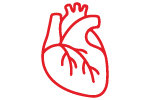
Coronary Artery Disease
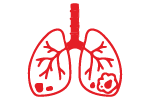
Acute Coronary Syndrome
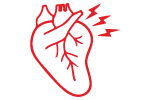
Heart Attack

SCAD

High Cholesterol

Cardiogenic Shock

Arrhythmias
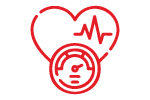
Valvular Heart Disease
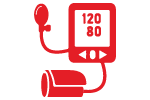
Hypertension

Pericarditis
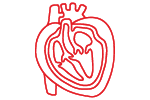
Cardiac Tamponade
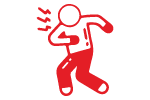
Cardiac Arrest
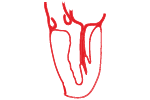
Hypertrophic Cardiomyopathy
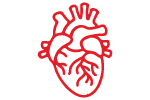
Congestive Heart Failure

Pulmonary Artery Hypertension

Heart Disease in Women

Prevention of Heart and Vascular Disease
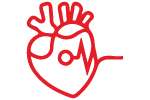
Congenital Adult Heart Disease

Dr. Toishi Sharma is a dedicated and experienced Interventional Cardiologist currently practicing at Self Regional HealthCare in South Carolina, USA. With a comprehensive medical education and training background from the esteemed Jawaharlal Institute of Post-Graduate Medical Education and Research (JIPMER), India, Dr. Sharma brings a wealth of expertise and commitment to the field of cardiovascular medicine. Throughout Dr. Sharma’s career, a focus on patient care excellence, continuous learning, and cutting-edge research has been paramount.
Procedures Performed Coronary Angiography
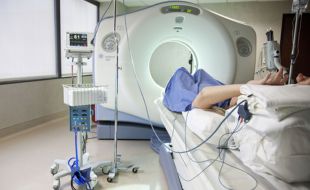
Coronary Angiography
Precise heart assessment via coronary angiography reveals blockages and vascular health.
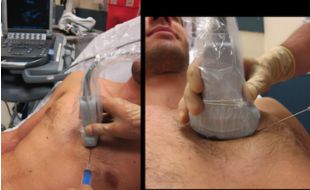
Pericardiocentesis
Drainage of fluid around the heart, aiding in diagnosis and treatment.
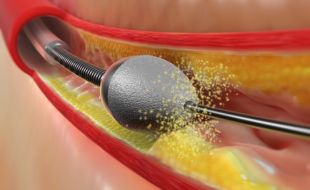
Coronary Atherecromy
Removal of plaque buildup in coronary arteries, restoring blood flow.

Echocardiogram
Non-invasive ultrasound imaging for assessing heart structure and function.
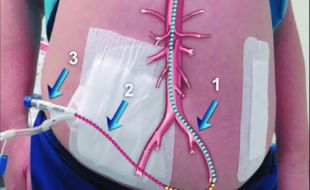
Intra Aortic Baloon Pump
Temporary device to assist heart function, often used in critical conditions
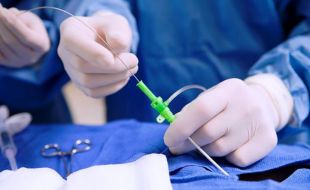
Coronary Thrombectomy
Procedure to remove blood clots from coronary arteries, restoring blood flow
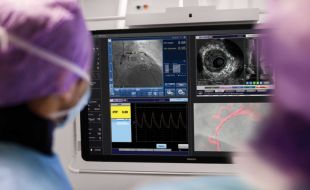
Intravascular Ultrasound
Catheter-based imaging for detailed visualization of blood vessel walls.
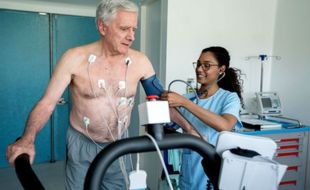
Exercise Stress Test
Evaluates heart function under physical exertion, aiding in diagnosis.
Dr. Toishi Sharma: Trusted by Thousands
Experience peace of mind with Dr. Toishi Sharma, a trusted name in cardiovascular care. With over two decades of expertise and a legacy of serving thousands, Dr. Sharma provides personalized treatment tailored to each patient’s needs. From diagnosis to recovery, her commitment to excellence ensures every patient receives the highest standard of care, building lasting trust and confidence in their healthcare journey.
Years Of Experience
honorary Awards
positive reviews
satisfied patient
Why Choose Dr. Toishi Sharma ?
01.
Dr. Toishi Sharma is proficient in performing advanced interventional procedures such as coronary angioplasty, stenting, thrombectomy, and more, offering patients access to cutting-edge treatments.
02.
Dr. Toishi Sharma epitomizes commitment to excellence in cardiovascular care through relentless dedication to perfection and unwavering attention to detail. Her continuous learning ensure optimal outcomes for every patient.
03.
Known for her compassionate bedside manner, Dr. Sharma ensures that patients feel comfortable, informed, and supported throughout their treatment journey, fostering trust and confidence in the care provided.
our Gallery
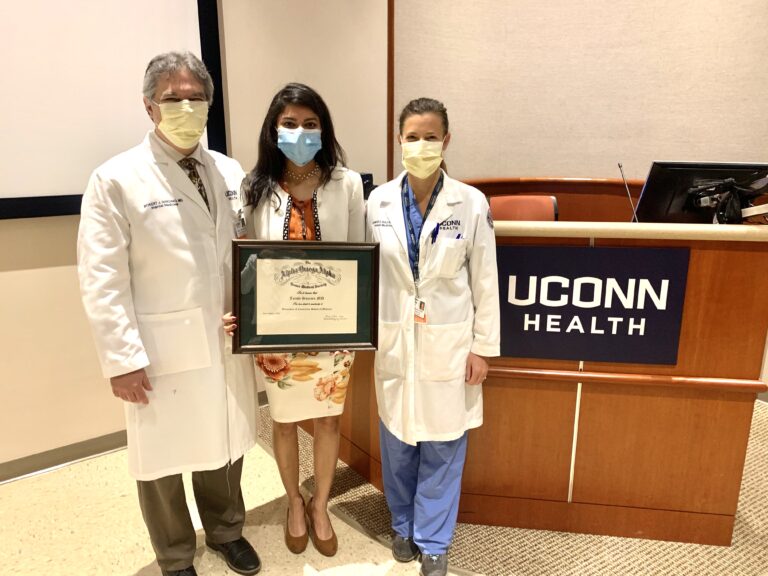
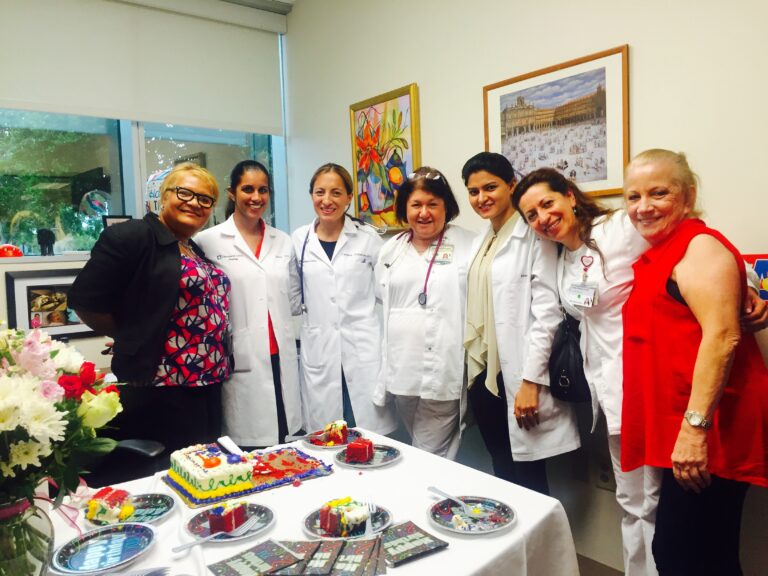
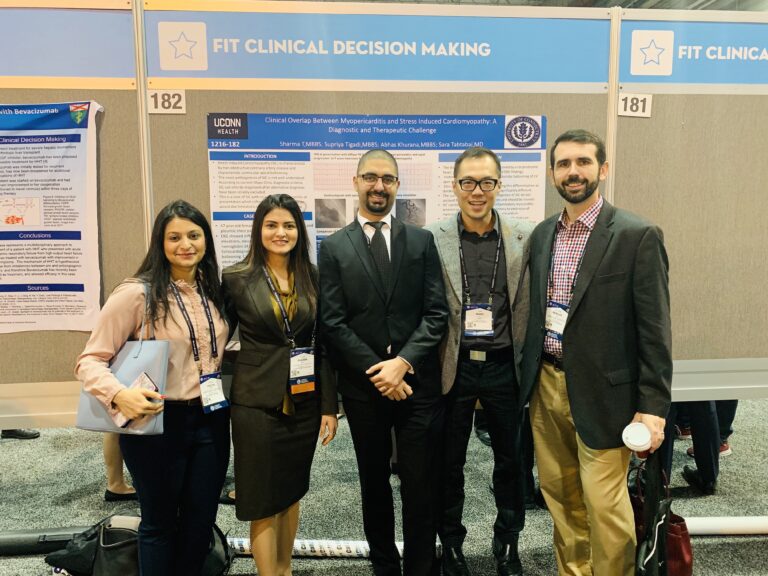
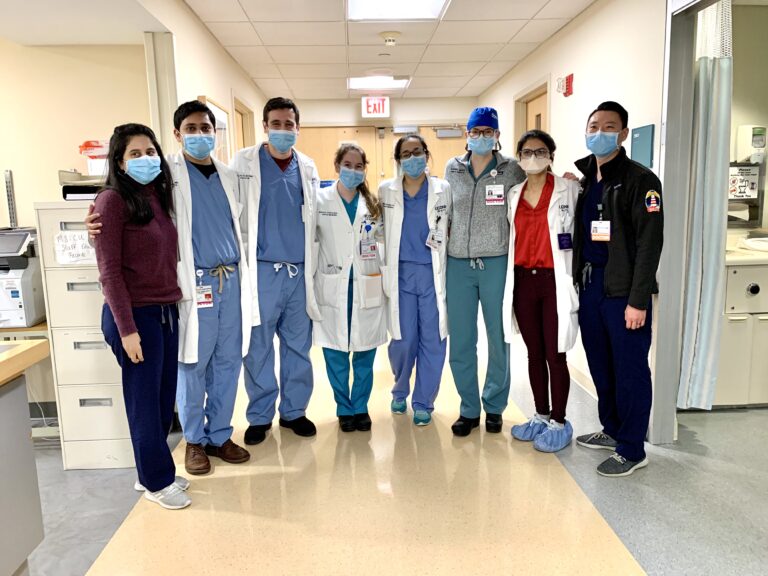
FAQs (Frequently Asked Questions)
A doctor who is an a specialist in minimally invasive, catheter-based treatments for the diagnosis and treatment of heart and vascular issues is known as an interventional cardiologist. These methods entail inserting slender, pliable tubes into blood arteries to access the heart and other regions.
Interventional cardiologists are experts in using minimally invasive, catheter-based procedures to treat a wide range of heart and vascular diseases. They treat coronary artery disease (CAD) by putting stents in place and doing angioplasty to open up blocked or constricted coronary arteries. These professionals treat harmful bulges in the aorta that are prone to rupture, known as aortic aneurysms, and deal with congenital heart abnormalities, which are present from birth.
Heart disease is diagnosed through various methods, including physical exams, blood tests for cholesterol and biomarkers, electrocardiograms (ECGs) to assess heart rhythm, echocardiograms for imaging, stress tests to evaluate heart function under exertion, and angiograms to visualize blood flow in the arteries. These tests aid cardiologists in accurate diagnosis and treatment planning.
Risk factors for heart disease include high blood pressure, high cholesterol levels, smoking, obesity, diabetes, physical inactivity, unhealthy diet, excessive alcohol consumption, and family history of heart disease. Managing these factors through lifestyle changes and medical interventions can significantly reduce the risk of developing heart disease.
To prevent heart disease, maintain a healthy lifestyle by exercising regularly, eating a balanced diet rich in fruits, vegetables, and whole grains, avoiding smoking and excessive alcohol consumption, managing stress effectively, maintaining a healthy weight, monitoring blood pressure and cholesterol levels, and seeking regular medical check-ups.
What Our Patients Say About Us



checkout our recent blog
No Posts found
Contact Us !
Have questions? Reach out via email, phone, or our contact form. Our team is here to assist you promptly.
- Advanced Cardiology Associates 421 Epting Avenue Greenwood, South Carolina, 29646
- (864) 227- 6818
- toishisharmadigital@gmail.com
